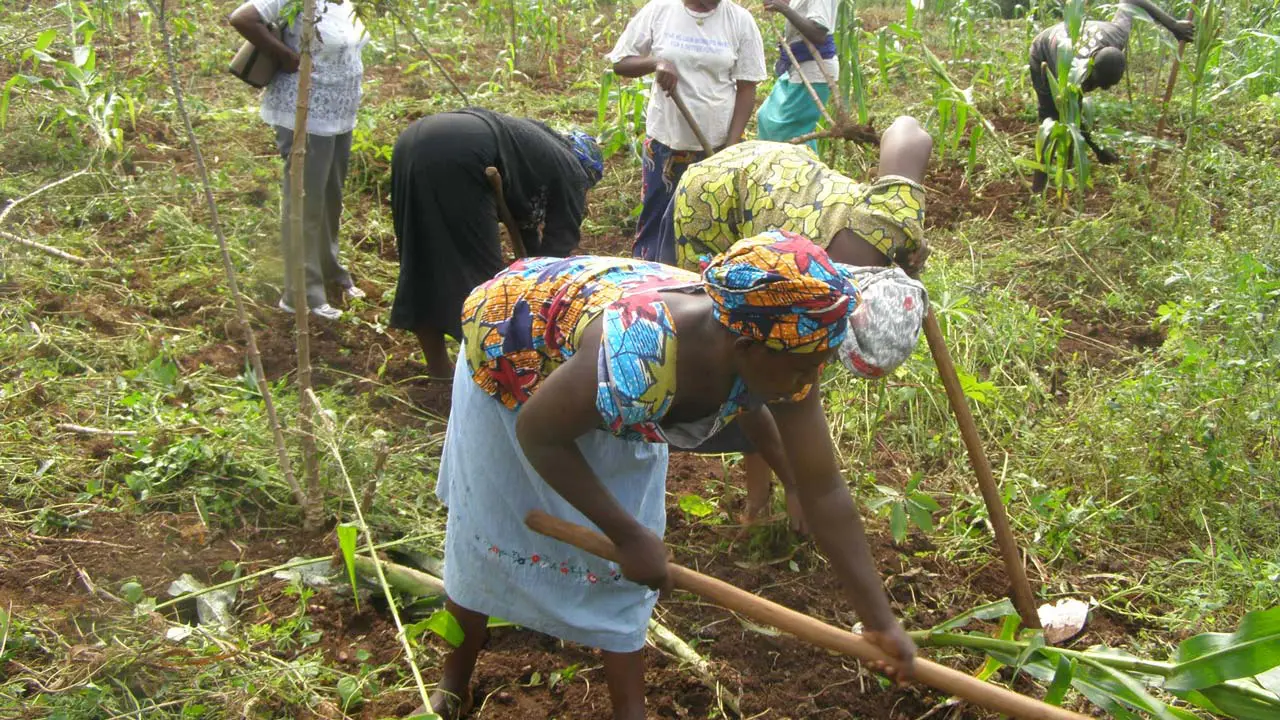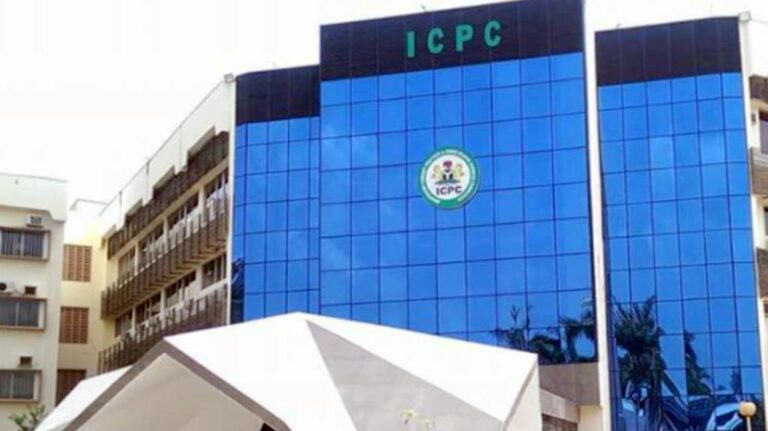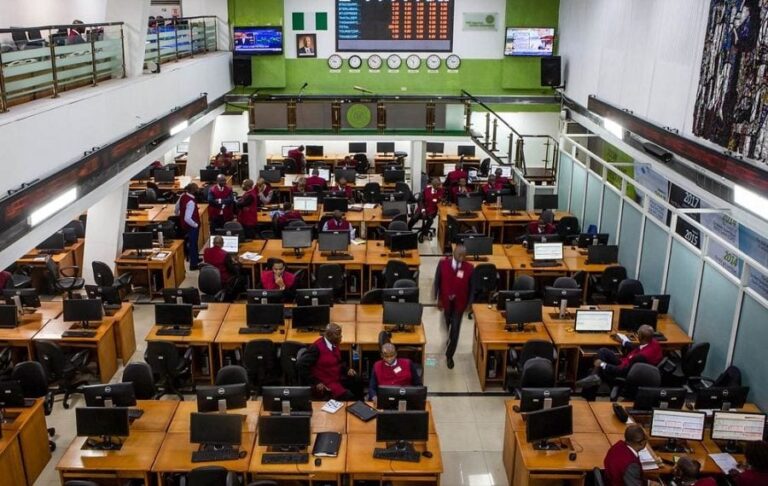
Farmers and agricultural stakeholders in Ondo State have raised the alarm over the politicisation and hijacking of farm inputs distributed by the Federal Government.
They allege that political interference has prevented genuine farmers from accessing these vital resources, which are essential for promoting food security in the state.
The Small-Scale Women Farmers Organization in Nigeria, SWOFON, and the Justice Development and Peace Centre, JDPC, raised these issues during the presentation of the Community Score Cards on Smallholder Women Farmers’ Access to Nigeria’s COVID-19 Response and Economic Stimulus, Ondo-Cares Fadama, Programme for 2021-2023, held in Akure.
According to data from JDPC, political influence in the planning and distribution of agricultural inputs across the 18 local governments in Ondo State has hindered the benefits reaching the intended farmers, thereby obstructing efforts to enhance food security.
The data indicated that “ 0% of the respondents have accessed to support services, 6% have fairly accessible experience, 0% of them did not have access, while 94% of them do not know anything about the accessibility level of the agricultural support services meant to be rendered for the pro-poor farmers.
“According to the information gathered from the beneficiaries within our communities, it was gathered that the intervention was not timely.
“No substantial effort was taken by the implementing agency to build the knowledge and skills of theSmall Holder Women Farmers, SHWF, across various communities on the NG-CARES (ONDO-CARES FADAMA).
“ In the year 2021, it was obvious that the sum of N995,400,000 was budgeted to be spent specifically for food security and sustainable livelihood through FADAMA in the state but we could not obtain the performance base from the state budget.
“In the year 2022, it was observed that the performance base was 97.6% from 1 3d quarter of the year, while that of 2023 was at 70.4% performance base.
“Out of the overall respondents gathered in this particular table, it was shown that only 6% affirmed that the services rendered under the NG-CARE (FADAMA) was adequate, both fairly adequate and not adequate were rated as 0%, while ‘I don’t know’ was rated at 94%.
“The 94% of the participants who chose ‘I don’t know professed that this was as a result of their inaccessibility to the services carried-out under the NG- CARES intervention.
Also, the stakeholders highlighted other challenges to include, “Noninvolvement of SHWF at the design, planning and implementation stages of the NG-CARE (ONDO-CARES FADAMA) intervention in the state.
“Low publicity on the NG-CARES (ONDO-CARES FADAMA) to SHWF farmers who are majorly domiciled in the rural communities
“Inappropriate/lack of data capturing deprived SHWF from benefiting from the NG -CARES (ONDO-CARES FADAMA) and Inadequate awareness creation on the NG-CARES (ONDO-CARES FADAMA) intervention/programmes.”
They, therefore called the state government to consider some recommendations towards ensuring food security which include that “There should be a strong and constant awareness creation on the NG-CARES (ONDO-CARES FADAMA) intervention/programmes through different channels that will ensure the right people especially SHWF who are majorly domiciled in the communities are properly enlightened.
“Extension Agents at various local government offices should be used as one of the major channels of disseminating timely and adequate information needed for SHWF to improve their knowledge and skills on the agric services meant for the NG-CARES (ONDO-CARES FADAMA) intervention.
“There should be inclusion of SHWF right from the designing stage to the implementation stage of the NG-CARE (ONDO-CARES FADAMA) intervention in Ondo state for the purpose of evenly distributions of inputs/services.
According to them “There should training of SHWF on modern farming techniques that will improve their knowledge and skills towards climate resilience and adaption that will enhance food production, reduce hunger and improve livelihood in the state.”


